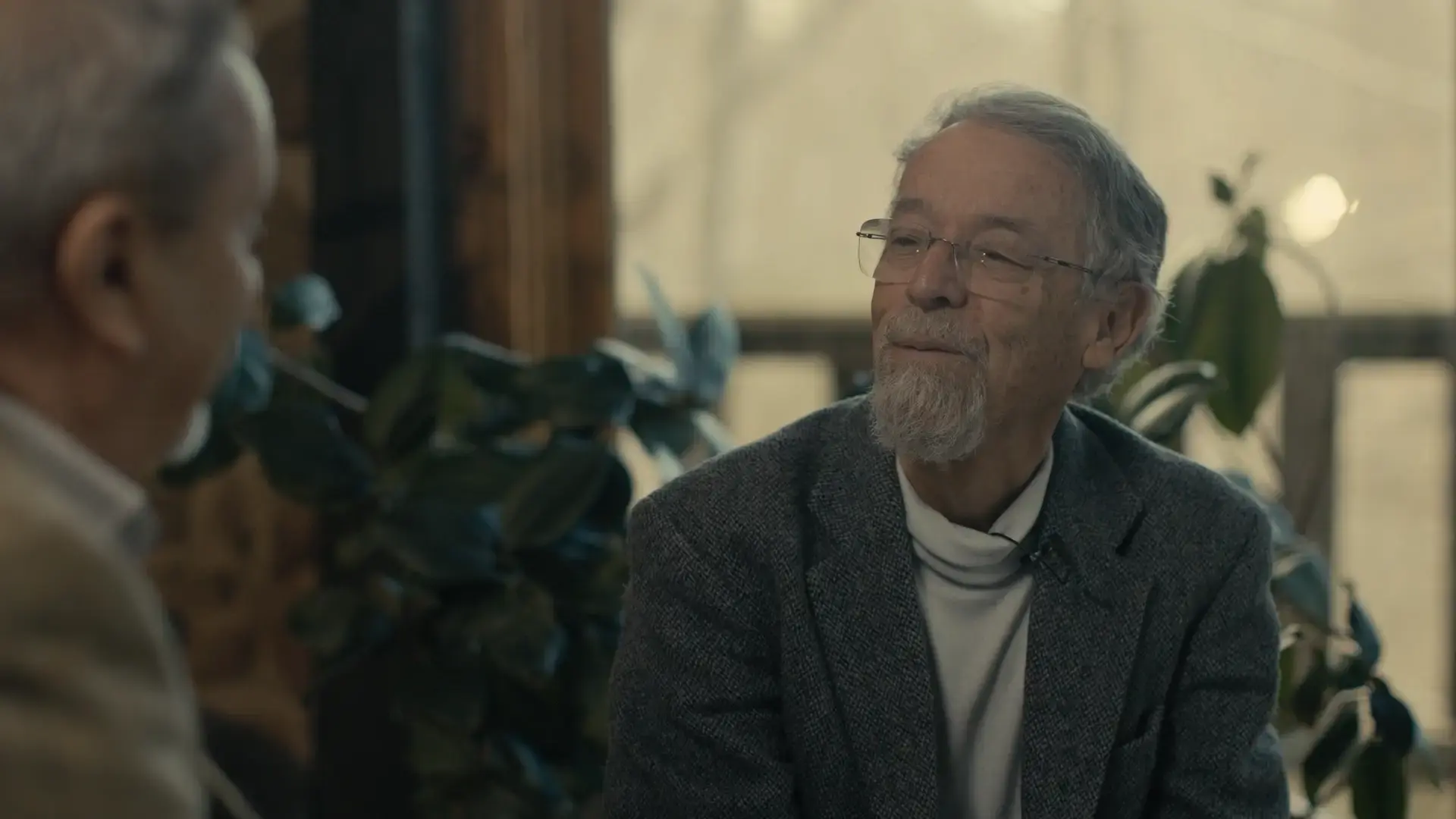Our Chief Executive Officer Tony Hughes talks to Barney Jordaan, Professor of Negotiation and Dispute Resolution at Vlerick Business School. Watch the first in our negotiation skills video series and learn essential strategies to negotiate with influence and prepare for success.
Barney Jordaan - Huthwaite has always done a lot of work around negotiation tactics and behaviours. What makes your research unique, is that it's field research. It's negotiation in action - that's quite rare. As far as I know, it hasn't been done anywhere else yet. But what have you learnt from all of that? What does your research say about the kinds of things that successful negotiators do that average negotiators don't?
Tony Hugues - Well, the first one is the one we just mentioned, that skilled negotiators do more planning than average ones. The major differences are really around the behavioural skills of skilled negotiators in that they have a behavioural flexibility. The way they speak to people is flexible. They plan how they want to speak to people. They plan the intonation shall we say of the negotiation, there's so much work goes into that. When we were looking at the research, the biggest differences we found, were in those behavioural skills that people use and certain behaviours being used more than other behaviours.
Barney Jordaan - Any behaviours that stand out?
Tony Hughes - Certainly, yes. Skilled negotiators tend to ask five times as many questions as average negotiators, but it isn't of course just about asking questions. It's about how the question is targeted. What we found is that they seek motivations from the other side, they seek reasons from the other side for doing something, they even seek feelings from the other side to get a feeling themselves of the temperature of the negotiation and whether or not things are on the right track. And they actually give feelings - I don't mean by this that they start crying on people’s shoulders! It's not the Kleenex moment!
If you're saying something that you like, dislike, agree with whatever that might be, happy with, unhappy with then what you're not doing is giving information about the facts and figures. You're only giving it internally and It's hard to for anybody to argue with the way that you feel. Skilled negotiators also do a lot of clarification - testing to make sure their understanding is correct about what the other person said and vice versa, testing to make sure the other side has understood what they've said and summarizing it back. So a lot around clarity. One of the behaviours that was unusual for us, was a thing called behaviour labelling. So actually, signposting the behaviour you're going to use next ‘Let me ask you a question.’, ‘Let me tell you something.’, ‘Let me do this.’
Barney Jordaan - ‘Let me play devil's advocate?’
Tony Hughes - Yes, they might label that that's what they're going to do, but I think that's probably so that people don't pick up the wrong reason for the next behaviour. The labelling tends to formalize a conversation. So, if I say to you 'let me ask you a question' what you're actually waiting for now should be a question and if you're in a group, everybody's waiting for that question. So, it formalizes it, and in some ways allows you to get into a calmer level of conversation as well if that conversation is quite volatile.
Barney Jordaan - Now, I get that asking a lot of questions is important to get information, but people might get tired of all your questioning. So, how would you deal with a situation if I really have some good questions I wanted to ask, and you say to me 'Stop asking these questions let's just get down to business'?
Tony Hughes - Well, it's questioning not interrogation. Sometimes if you're trying to teach people behavioural skills, there is always going to be an over-practice of something, it feels like people are practicing too much, but you'd be really surprised how many people hardly ask any questions whatsoever. In many cases, just doubling the amount of questions you ask is probably not going to feel intrusive. If it does start to feel intrusive then you need to change that category and of course spread the questions out over the negotiation.
Barney Jordaan - I find the expressing your feelings part quite interesting because when I talk to people about your results and I mention this, they say 'Hang on, you shouldn't do this, it might be a sign of weakness, showing your feelings and expressing your feelings'. What would be your response to that?
Tony Hughes - Well, I could give you the interpretation of it, but the exact research says that 12% of everything that somebody does is expressing their internal feelings rather than their external feelings. The view of that interpretation is that, as I said before, it means you're not talking about your own facts and figures. More importantly, if you see it as a sort of an iceberg, a behavioural iceberg. What most people are pretty good at doing is the top bit of the iceberg, which is the given information, asking for things, etc. But once you get underneath that, and start to give information about your feelings, your perceptions, it tends to build more trust. You tend to trust people more, when you're not just working on hard facts and figures - but you're not really giving anything away with feelings.
Barney Jordaan -What about anger in negotiation? To what extent do successful negotiators use anger as a tool and how often do they use it as a deliberate tool?
Tony Hughes - As a deliberate tool? I don't think they use it a lot. I think there is a change in tone. If you do usually see somebody using anger, and we wouldn't say anger was a behaviour, it would be exhibited through something like an attack on somebody or being very defensive. It's a very emotional exchange. When you do see that happen, that may be an attack, it's usually very quickly followed up by something which is positive to move on to somewhere else. So, it's an expression of feeling, obviously, and it's quite a strong expression of feeling but if that spirals, then it tends to spiral out of control, particularly if the other person responds strongly.
Missed the previous video? Discover how you should open a negotiation here.
Ready for the next video? Learn how you can strengthen your negotiation arguments here.









